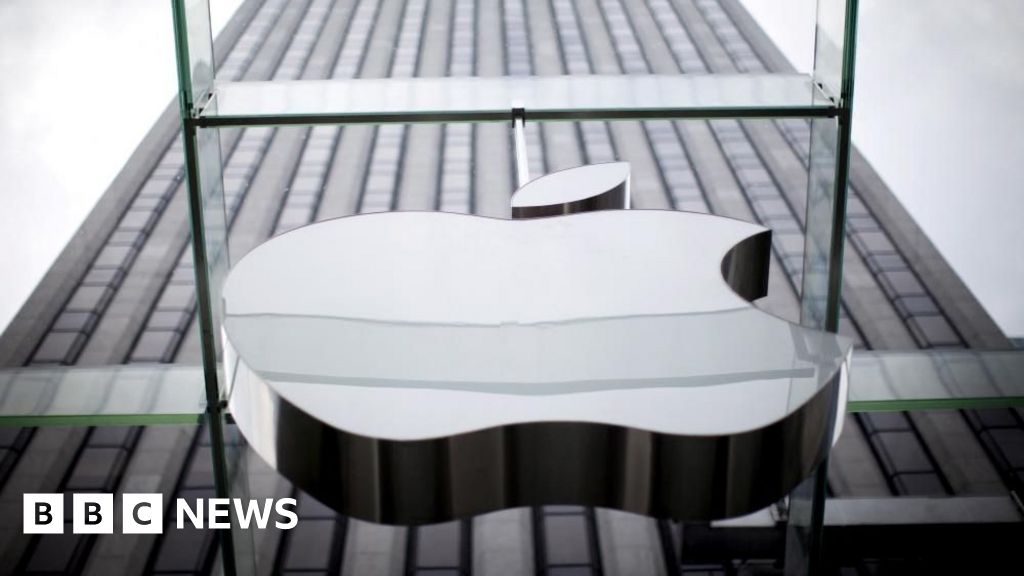Apple Legal Battle Intensifies Over Judge's "Extraordinary" Contempt Order
Apple is pushing back against a US district judge's contempt order, calling it an "extraordinary" overreach in a high-stakes legal battle that could reshape the future of its App Store. The tech giant filed an appeal this week, seeking to pause a ruling that found Apple in willful violation of a 2021 injunction requiring it to allow alternative payment options for developers.
Judge Yvonne Gonzalez Rogers determined last week that Apple deliberately flouted her earlier order aimed at curbing anti-competitive practices in its lucrative App Store ecosystem. The iPhone maker argues the restrictions unlawfully prevent it from controlling "core aspects of its business operations," including intellectual property rights.
The Core Conflict Over App Store Rules
At the heart of the Apple legal battle is whether the company's strict control over in-app payments constitutes anti-competitive behavior. The case originated from a 2020 lawsuit by Epic Games, creator of Fortnite, which accused Apple of maintaining an illegal monopoly through its 15-30% commission structure.
While Judge Gonzalez Rogers rejected Epic's monopoly claims, she ruled Apple violated California competition rules by blocking developers from directing users to cheaper payment options outside the App Store. Her 2021 injunction required Apple to permit such alternatives, but last week's contempt order alleges the company instead created new fees that maintained its grip on payments.
Financial Stakes and Consumer Impact
Apple claims the payment restrictions could cost it "substantial sums annually," while Epic argues the changes are already benefiting consumers. "Developers have updated their apps with better payment methods, better deals, and better consumer choice," Epic stated in response to Apple's appeal.
Internal documents reviewed by the court allegedly show Apple executives, including CEO Tim Cook, knowingly chose anti-competitive options despite legal warnings. Judge Gonzalez Rogers went so far as to suggest potential criminal contempt proceedings, stating Cook "chose poorly" in ignoring compliance advice.
